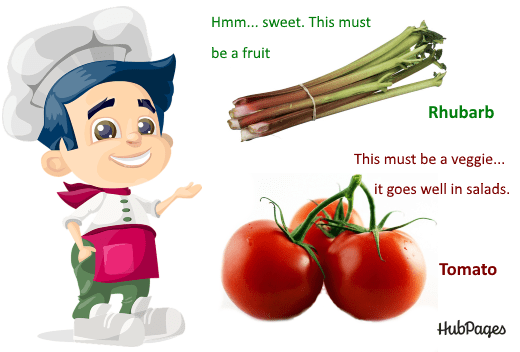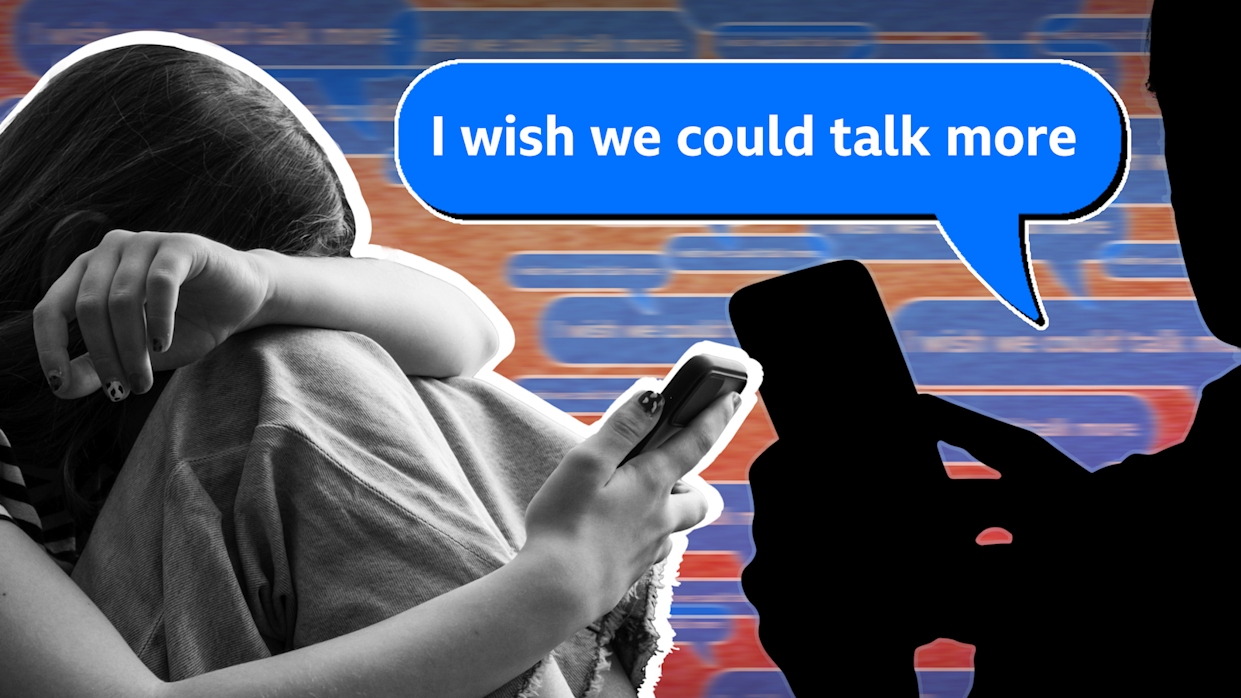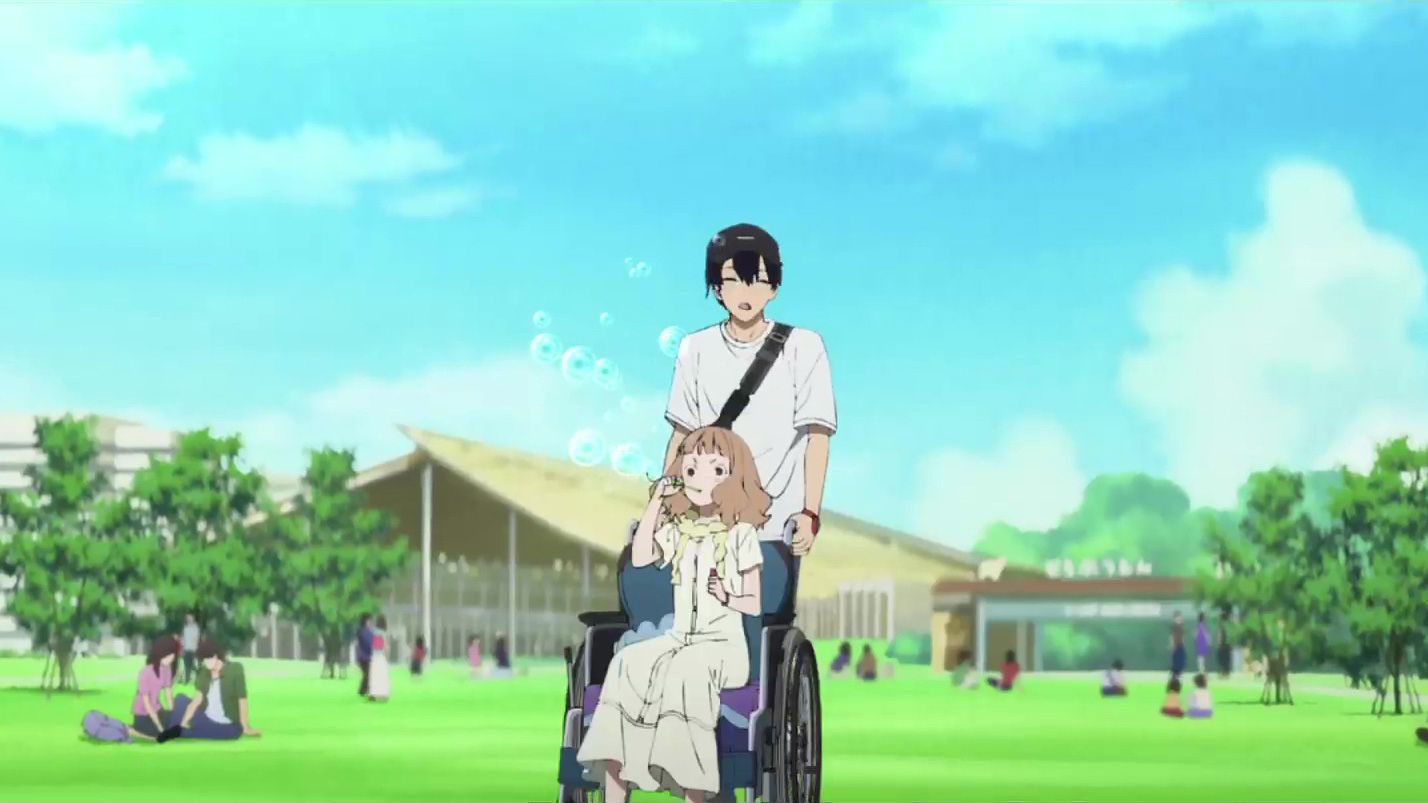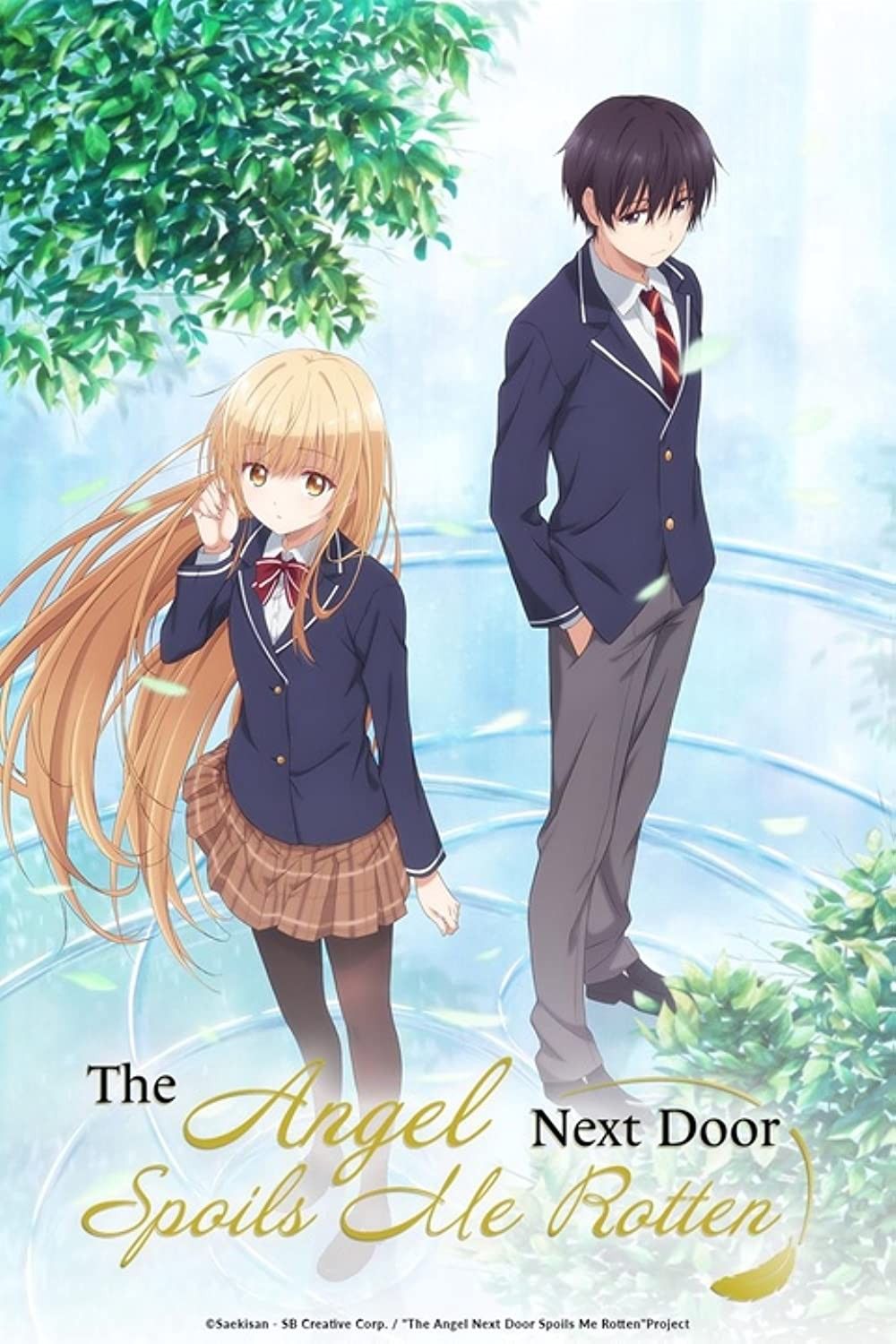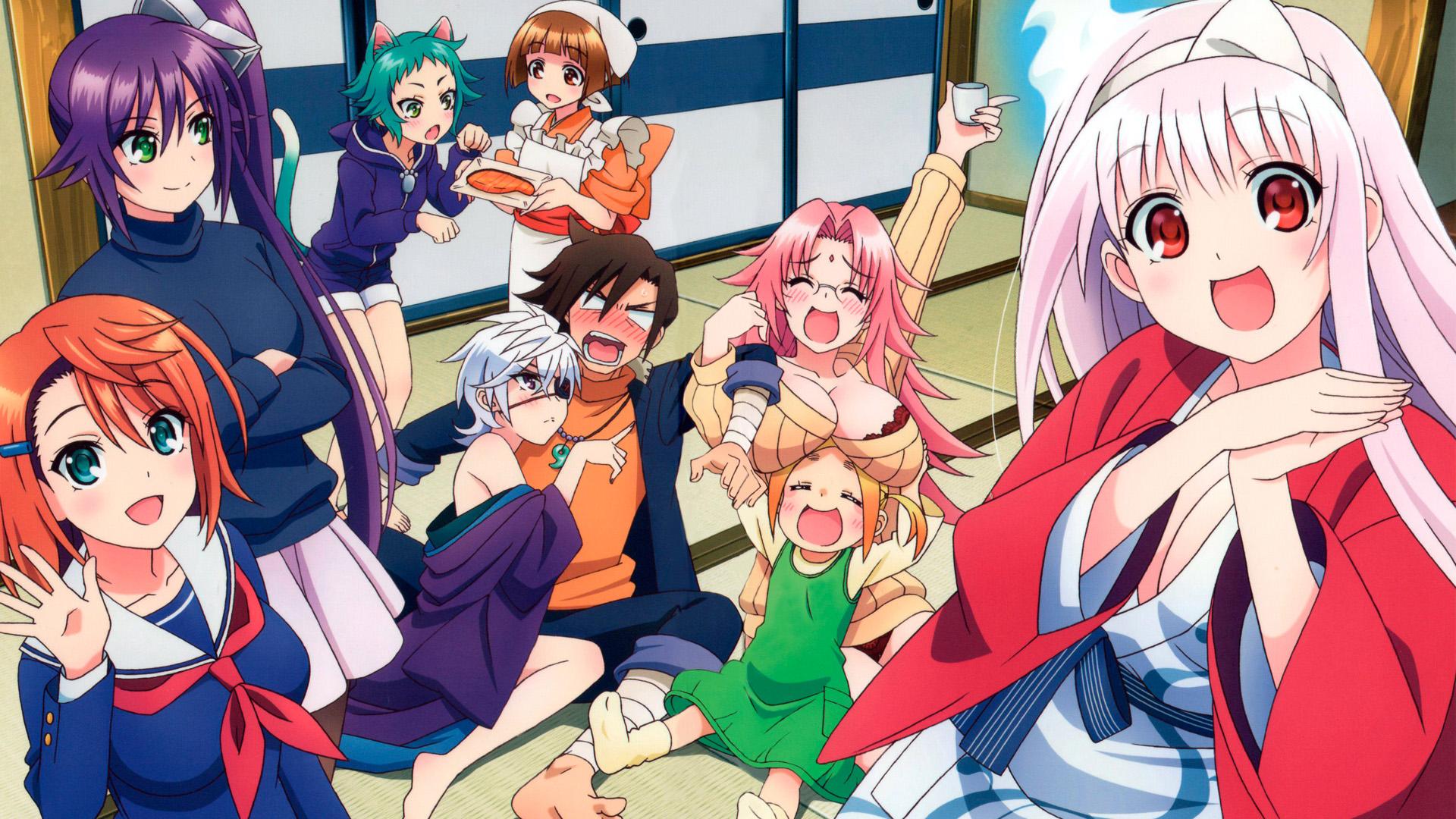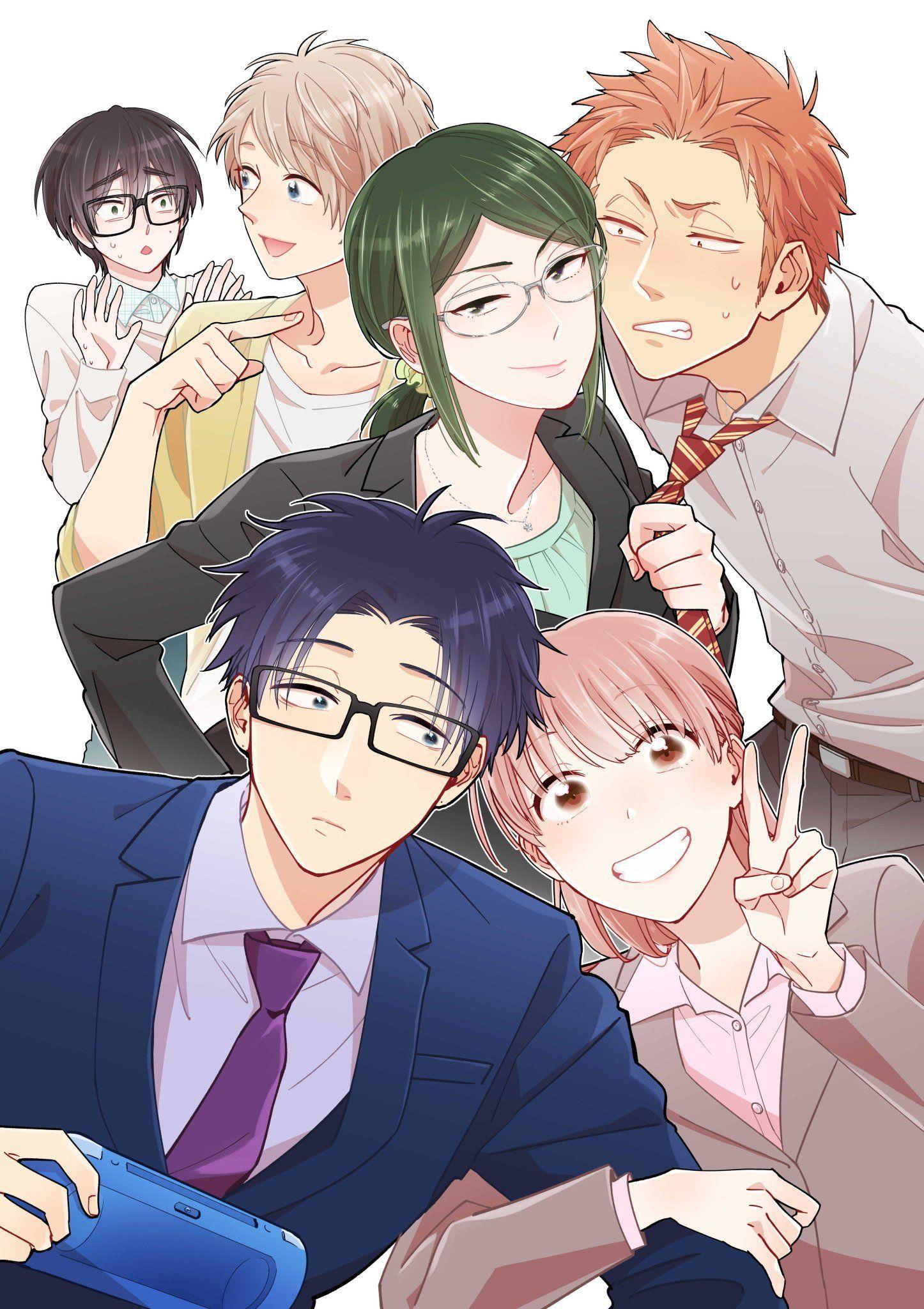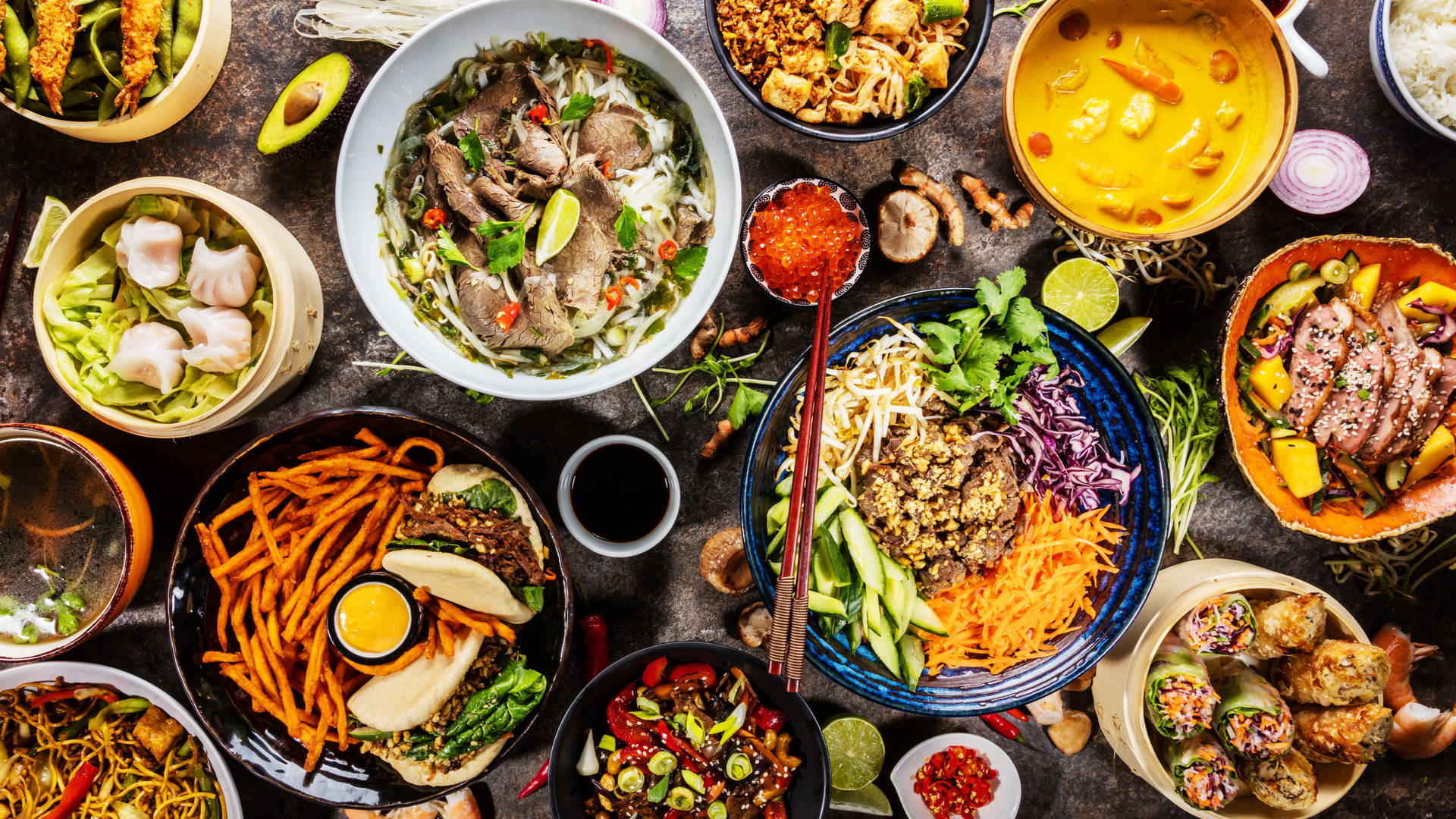So, you're wondering if "I Want to Eat Your Pancreas" is sad, huh? Well, let's dive right into this tearjerker of a story! Get ready for a rollercoaster of emotions because, yeah, it's pretty much guaranteed to pull at your heartstrings.
Understanding the Emotional Core
First off, let's be real: the title alone hints at something deeply poignant. "I Want to Eat Your Pancreas" isn’t your typical cheerful romance. It's a story about life, death, acceptance, and finding connection in the face of mortality. The narrative explores the relationship between two high school students brought together by a shared secret.
The story primarily revolves around an unnamed protagonist – often referred to as "Me" or "Haruki Shiga" in adaptations – and Sakura Yamauchi, a vibrant and popular girl who is secretly suffering from a terminal pancreatic illness. Haruki accidentally discovers Sakura's diary, revealing her condition, and their lives become intertwined.
Sakura, despite facing her impending death, approaches life with a contagious optimism and determination to experience as much as possible. She seeks to live a "normal" life, including forming meaningful relationships. This is where Haruki comes in. He's an introverted, bookish guy who initially struggles with social interaction. Their unlikely friendship becomes a source of strength and growth for both of them.
Throughout the story, you witness Sakura’s attempts to make the most of her remaining time, and Haruki's gradual transformation from a detached observer into someone capable of deep emotional connection. The narrative explores themes of friendship, love, loss, and the importance of living life to the fullest, even when faced with adversity.
The Sadness Factor: A Deep Dive
So, where does the sadness come in? It’s not just the fact that Sakura is terminally ill. The story masterfully crafts emotional resonance through several elements:
- The Inevitable Loss: From the beginning, you know Sakura is going to die. This looming knowledge casts a shadow over every interaction, every moment of joy, and every shared experience.
- Sakura's Resilience: Her unwavering optimism and determination to live life to the fullest, despite her circumstances, are incredibly inspiring but also heartbreaking. You can't help but root for her, even though you know the outcome.
- Haruki's Transformation: Watching Haruki open up and experience genuine connection is incredibly touching. However, it's also bittersweet knowing that his newfound happiness is intertwined with the impending loss of someone he cares deeply about.
- Unfulfilled Potential: The story subtly explores the dreams and aspirations that Sakura will never get to realize. This adds another layer of sadness, prompting reflection on the fragility of life and the importance of cherishing every moment.
- The Unexpected Twist: While the story is already emotionally charged, a significant plot twist adds a layer of complexity and amplifies the emotional impact. I won’t spoil it here, but be prepared.
The way the story is told contributes significantly to its emotional power. The narrative often employs foreshadowing, symbolism, and introspective narration to heighten the emotional impact of key scenes. The author does a fantastic job of building a sense of intimacy between the reader and the characters, allowing us to deeply empathize with their experiences.
The Movie and Manga Adaptations: Do They Capture the Sadness?
"I Want to Eat Your Pancreas" has been adapted into a live-action film, an animated film, and a manga series. Each adaptation offers a slightly different take on the story, but they all retain the core emotional elements that make the original novel so impactful.
The live-action film does a great job of capturing the visual beauty of the story and the chemistry between the characters. However, it might feel a bit rushed compared to the novel. The animated film, on the other hand, allows for a more faithful adaptation of the story's emotional nuances and provides a visually stunning experience. The manga series delves deeper into the characters' inner thoughts and feelings, offering a more intimate and immersive reading experience.
Ultimately, whether or not the adaptations capture the sadness of the original story is subjective and depends on individual preferences. However, all three adaptations are generally considered to be well-made and emotionally resonant.
If you are sensitive and don't want to shed tears, you might want to prepare yourself, but if you're up for an emotional experience that makes you think about life, death, and everything in between, then go for it. Just keep a box of tissues handy!
Spoiler Alert: More Details on Why It’s So Sad
Okay, so if you've already seen or read "I Want to Eat Your Pancreas", let's talk about some specific moments that really amp up the sadness. The reveal of Sakura’s unexpected death, which isn’t related to her illness, is a major gut punch. It emphasizes the unpredictable nature of life and how easily it can be taken away, even when you think you know what to expect.
Also, Haruki's grief and the way he copes with Sakura's death are incredibly moving. Watching him try to navigate life without her, while also honoring her memory, is a testament to the impact she had on his life.
The themes of acceptance and finding meaning in the face of loss also contribute to the overall sadness of the story. It's not just about the tragedy of Sakura's death; it's about the characters' journeys of self-discovery and the lessons they learn about life and love.
Title: I Want to Eat Your Pancreas
Publisher: Futabasha (Novel), various (Manga adaptations), Toho (Film)
Genre: Slice of Life, Drama, Romance, Tragedy
Author(s): Yoru Sumino
In conclusion, is "I Want to Eat Your Pancreas" sad? Absolutely. But it's also a beautiful and thought-provoking story that explores profound themes about life, death, and the importance of human connection. If you're prepared for an emotional journey, it's definitely worth experiencing.



